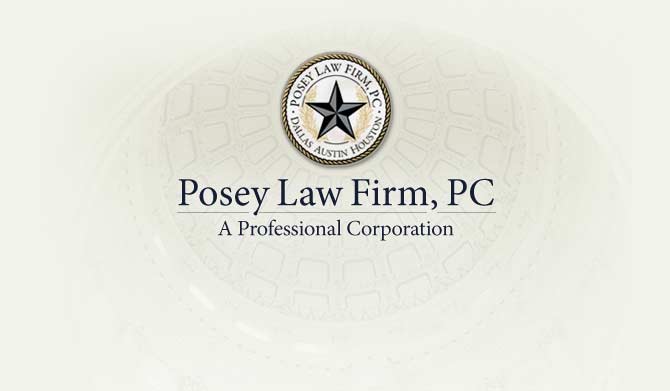Nevertheless, the Texas Legislature has taken a dim view when it comes to playing games of chance for commercial gain. The prohibition has proven to be something of an inconvenience for Texas gamblers, who are obliged to travel to neighboring states or Mexico where casinos are legal. Underground poker games persist, though always in peril of discovery by law enforcement.
Some enterprising Texans have been attempting to exploit a loophole in the law. Games of chance can be exempt from the anti-gambling statutes, according to Poker World, if they meet the following criteria:
>They take place on private property.
>No one acquires a personal monetary benefit aside from winnings.
>With the exception of luck and skill, every player has an equal chance of winning or losing.
The exemption was enacted so that Texans can have a Saturday night poker game in their homes without fear of being raided by law enforcement. However, some entrepreneurs have tried to use the loop hole to open up private poker clubs without much success. In one case, in Kingsville, a couple of these clubs opened after gaining approval from local officials, only to be forced to close when local law enforcement objected. The clubs had been accepting fees at the door, which in the judgment of some violated the exemption.
Even so, the idea of private poker clubs constitutes a gray area of the law, which may be part of the agenda in the 2019 session of the Texas legislature. The problem is that Austin traditionally takes a dim view of loosening restrictions on gambling in any way. In 2009, then Gov. Rick Perry promised a veto of a gambling reform measure. Recent statements by current Gov. Greg Abbott have also poured cold water on the idea. Nevertheless, some attempt may be made next year to clarify the law on the state level that will allow the operation of private poker clubs in some form.


